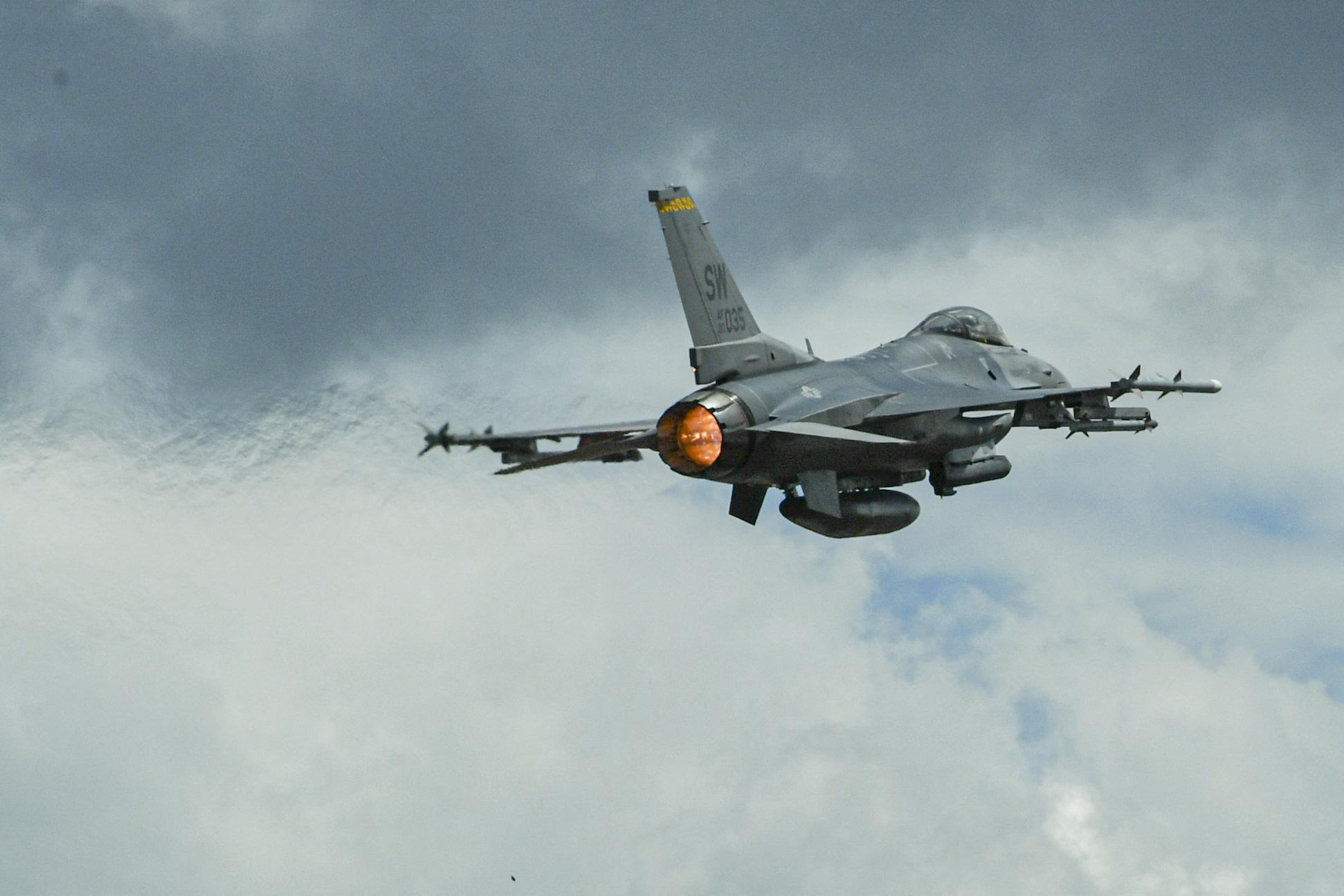A Limited View of AQAP
Dina Temple-Raston, a reporter a NPR who I greatly respect, has this new piece up entitled: “For al–Qaeda in Yemen, Targeting the US is Personal.”
On the surface a story and a thesis like this seems to make sense. After all, AQAP has organized two very real plots against the US in the past year that came too close to succeeding. Armed with this knowledge, Temple-Raston says:
“Counterterrorism officials are trying to solve the mystery of why AQAP — more than any other arm of al–Qaida — seems to have such a visceral dislike of the United States.”
The conclusion, her report comes to is that:
“The organization’s leadership reads like a list of former Guantanamo detainees. The brother of AQAP’s leader was at Guantanamo. Its second in command, its operations chief and its top theologian — they were all at Guantanamo and were either released to their home countries or to a Saudi Arabian reeducation program that was supposed to convince them to give up their violent jihad.”
Again, this makes sense on the surface and if you are just a casual follower of AQAP, but if you pay attention to the group even when it isn’t attempting to attack the US and if you read what it writes in Arabic then this starts to fall apart.
Let’s start with who was in Guantanamo and who wasn’t before me move on to the broader point that the piece suggests. First, Nasiral–Wihayshi, the leader of AQAP, was never in Guantanamo Bay nor were any of his brothers, at least one of whom is believed to be in AQAP. Al-Wihayshi did, however, spend time in a Yemeni prison as well as in an Iranian one.
Said al–Shihri, the deputy commander was in Guantanamo Bay. (Just as the report said.)
Qasimal–Raymi, the operations head, was never in Guantanamo Bay. He was however in a Yemen prison. And his younger brother, Ali, is still a prisoner in Guantanamo. (I think this may have caused some of the confusion, but again as we at Waqal–waq stress all the time, the names of these people and their particular histories are incredibly important. It doesn’t help anyone if we keep conflating different people with one another.
Now, as for the top theologian I have always said that this was Adilal–Abab, in keeping with what the organization writes in Arabic, and he never spent any time in Guantanamo Bay, although three of his brothers have been detained on-and-off in Yemen for years.
I think the report is promoting Ibrahim al–Rubaysh, who was in fact in Guantanamo Bay, to AQAP’s top theologian, a characterization of his role within the organization that I would strongly disagree with. Rubaysh puts out a lot of statements and articles for the organization – his Arabic is quite impressive, at least to me, and he is a very powerful orator – but he isn’t really a theologian in the way al-‘Abab is.
Now that we have dealt with the details it is time to spend a bit of time on the main thrust of the report – again I don’t mean to be picking on Temple-Raston and I think she does great work – the reason I mention this at all is that I think this type of thinking – AQAP is overly focused – is emblematic of a broader trend in the US media that needs to be tempered a bit.
Again, I understand where this thinking comes from – two major plots in a little over a year – tends to focus people’s attention. But this is the problem you have when most counterterrorism officials are only dealing with portions of the whole instead of the entire picture. AQAP has done much more in the past year besides launching two attacks at the US.
Of course those two attacks have gained the organization a great deal of press in the west, but are they really the organization’s raisond’etre?
The answer, at least in my opinion, is a strong no. AQAP does want to attack the west – US and Europe as well – but it is also very much focused on the local scene, and this is what makes them so dangerous. In their Arabic material, AQAP spends much, much more time attacking President Salih and the Saudi royal family than they do the US.
They have launched many more attacks against Saudi and Yemeni government than they have against the US – these just tend not to get the press in the US that they do in the Middle East. In fact, I would say (again based on my reading of AQAP’s materials in Arabic) that the number one enemy of AQAP is Muhammad bin Nayyif, Saudi Arabia’s Deputy Minister of the Interior and the kingdom’s counterterrorism chief.
Now, AQAP would like nothing more than to provoke the US into an invasion of Yemen, but one of things that has characterized the organization since its resurrection back in 2006 and 2007 was that it never made any distinction between fighting the US – “the Zionist-Crusader alliance” in its catchy rhetoric – and fighting its local “agents.” Everything the group has done since, fits into this framework that it laid out early on. Just because we weren’t paying attention to it then doesn’t mean it didn’t exist.
To think that the organization is focused on the US to the exclusion of other, more local targets is to misread the organization in, I think, a very dangerous way. And, at least for me, ignores incredibly too much evidence. AQAP is about much, much more than simply attacking the west.




